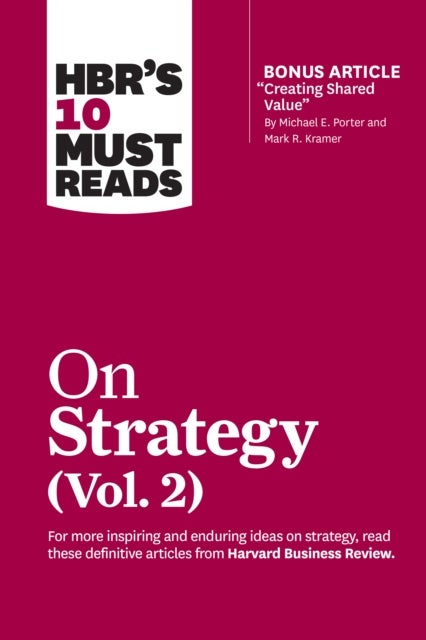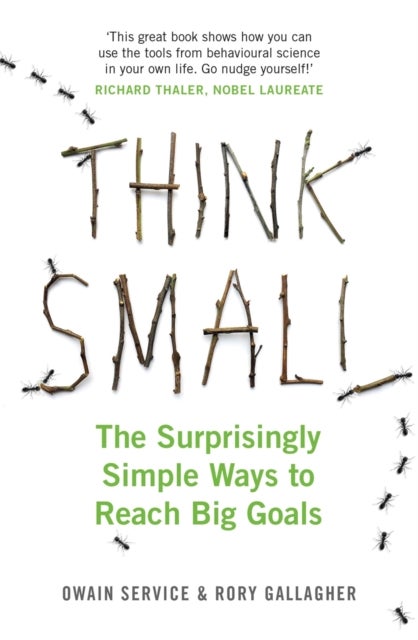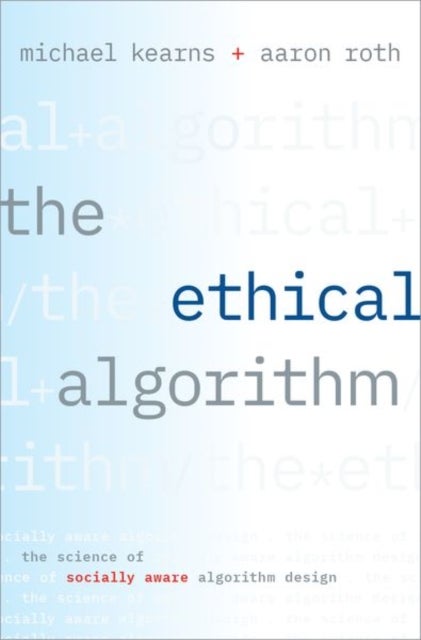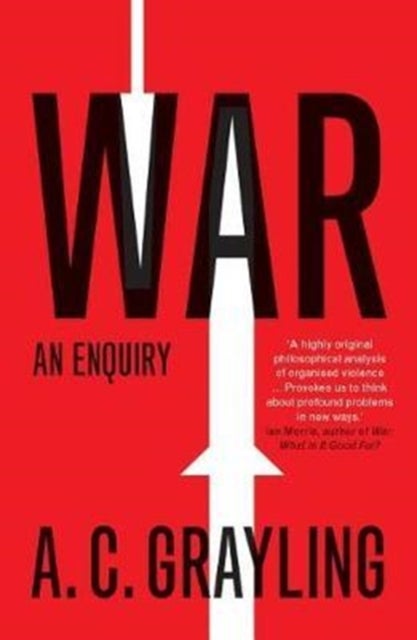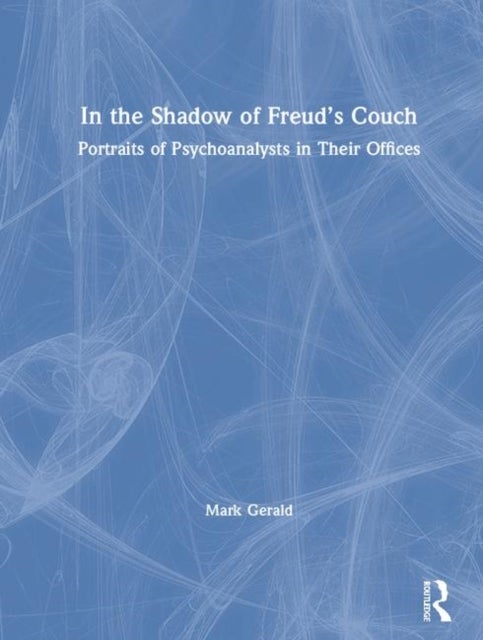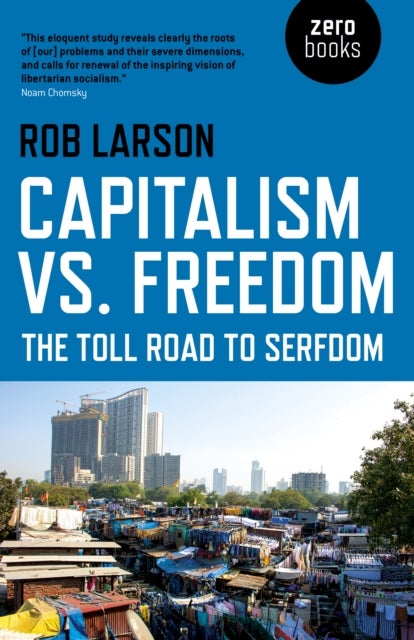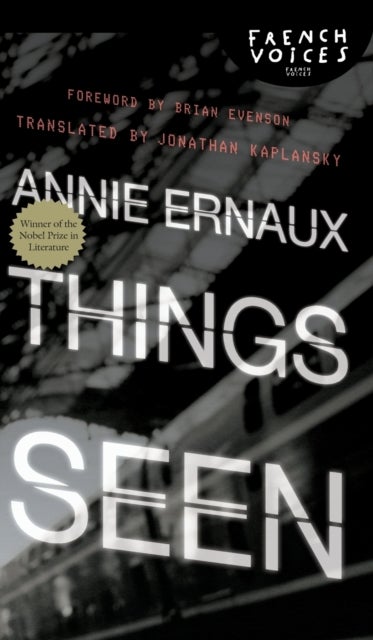
Things Seen av Annie Ernaux
369,-
<DIV><B>Winner of the 2022 Nobel Prize in Literature</B><BR/><BR/>“Annie Ernaux’s work,” wrote Richard Bernstein in the <I>New York Times</I>, “represents a severely pared-down Proustianism, a testament to the persistent, haunting and melancholy quality of memory.” In the <I>New York Times Book Review</I>, Kathryn Harrison concurred: “Keen language and unwavering focus allow her to penetrate deep, to reveal pulses of love, desire, remorse.” </DIV><DIV> </DIV><DIV> In this “journal” Ernaux turns her penetrating focus on those points in life where the everyday and the extraordinary intersect, where “things seen” reflect a private life meeting the larger world. From the war crimes tribunal in Bosnia to social issues such as poverty and AIDS; from the state of Iraq to the world’s contrasting reactions to Princess Diana’s death and the starkly brutal political murders that occurred at the same time; from a tear-

